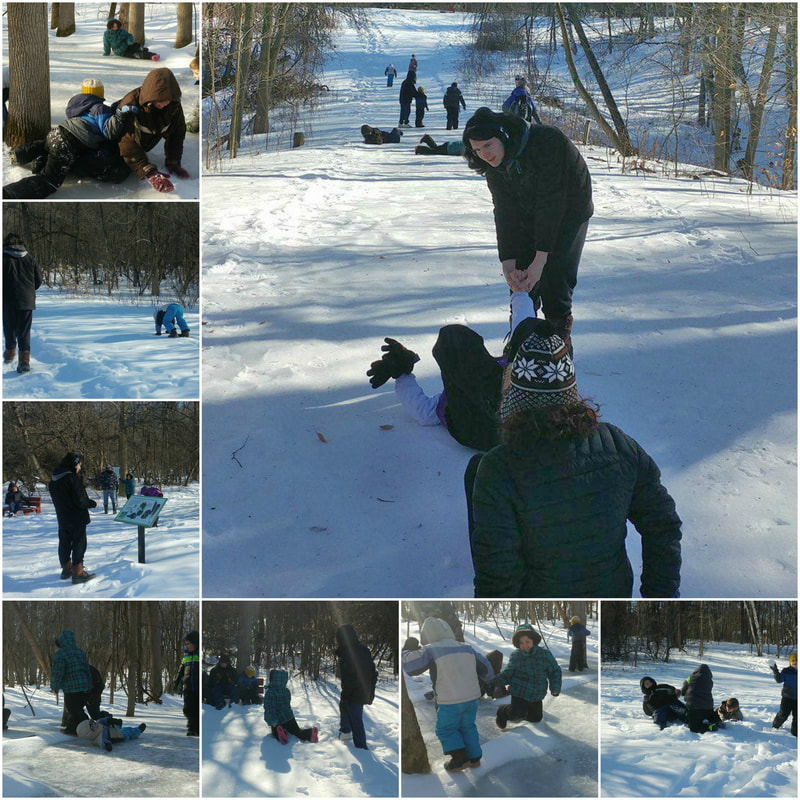Photo Credits: Alicia D - taken on Friday's excursion to the Nicandri Nature Center in Massena
1 Comment
Fred Henderson
1/28/2018 05:21:07 pm
Your article "Seat Time" is without a doubt a very written article that I enjoyed reading and believe in as you do.
Reply
Your comment will be posted after it is approved.
Leave a Reply. |
|
© 2024 Whole Learners, Inc. 501(c)3
Deep Root Center
48 Riverside Drive, Canton, NY 13617
315*323*1435/[email protected]
Deep Root Center
48 Riverside Drive, Canton, NY 13617
315*323*1435/[email protected]





